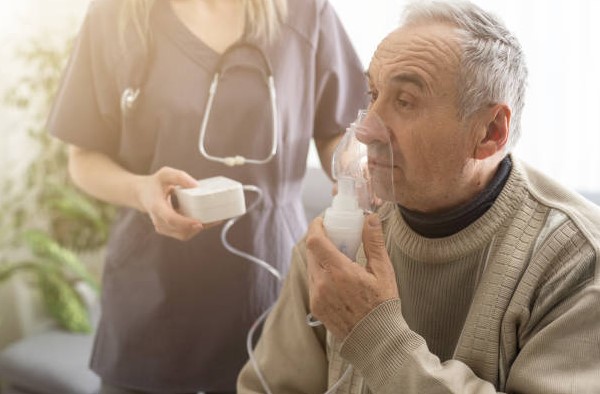When it comes to respiratory therapy clinics, the safety of patients and staff should always be a top priority. But what exactly does that entail? In this article, we’ll explore how to prioritize safety in respiratory therapy clinics and the steps that can be taken to ensure that everyone is safe and secure. Keep reading to learn more.
How can you Prioritize Safety and Adverse Event Reporting in Respiratory Therapy Clinics?
Respiratory therapy clinics are essential areas of healthcare where patients receive services to help them breathe better, manage their symptoms, and improve their quality of life. As a result, safety and adverse event reporting are of paramount importance in these clinics.
The respiratory care clinic staff is responsible for prioritizing their patients’ safety. This includes ensuring that all appropriate safety protocols are in place and that potential risks are addressed promptly. For example, clinicians should ensure that all necessary safety equipment and medications are readily available, that all emergency protocols are in place and up-to-date, and that all staff is trained in emergency response procedures.
Adverse event reporting is also critical for respiratory therapy clinics. Adverse events are any unanticipated or unintended outcomes of care, such as a patient developing an infection or experiencing a severe adverse reaction to a medication. All adverse events must be reported promptly and accurately to ensure that they can be investigated and addressed. Clinics should have a clear policy and procedure for reporting adverse events, including who should be notified, when they should be reported, and how they should be documented.
Finally, respiratory care clinics should have a comprehensive system to collect, analyze, and report patient safety data. This data can be used to identify potential risks and take appropriate steps to reduce them. It can also inform policy and practice decisions and ensure that changes are evidence-based and effective.
By prioritizing safety and adverse event reporting, respiratory therapy clinics can ensure the safety of their patients and provide the best possible care.
How can a Degree Program Help you Learn how to Prioritize Safety in your Respiratory Therapy Career?
When it comes to your respiratory therapy career, safety should always be a top priority. From working with patients to providing critical care in the respiratory system, respiratory therapists have an essential role to play in the well-being of individuals. A respiratory therapist master’s degree can be an excellent way to prepare yourself for a career as a respiratory therapist and ensure that you prioritize safety throughout your career.
First, a respiratory therapist degree program will give you a comprehensive understanding of the respiratory system’s anatomy, physiology, and pathology. This knowledge is essential for providing safe and effective patient care and understanding the impact of treatments. A master’s degree program will also give you a thorough understanding of the ethical and legal issues related to respiratory care, which is essential for prioritizing safety.
A master’s degree program can also help you develop an understanding of the different types of respiratory therapy treatments, ranging from oxygen therapy to mechanical ventilation. This knowledge is essential for providing safe and effective treatment, as you will be able to identify potential risks and ensure that treatments are tailored to the patient’s individual needs.

In addition to providing a comprehensive understanding of the respiratory system and treatments, a master’s degree program can also provide you with an understanding of the principles of quality assurance and risk management. This knowledge is essential for ensuring that all treatments are performed safely and that any potential risks are minimized.
Finally, a master’s degree program will allow you to develop your interpersonal and communication skills. These skills are essential for prioritizing safety, as they will enable you to communicate effectively with patients, their families, and the rest of the healthcare team. This will help ensure that all treatments are provided safely and that any potential risks are identified and addressed.
Overall, prioritizing safety in respiratory therapy clinics is critical for providing quality patient care and minimizing the risk of harm to patients and caregivers. By instituting safety protocols and practices, respiratory therapy clinics can ensure that the environment is safe for everyone and that the highest standards of care are met.




